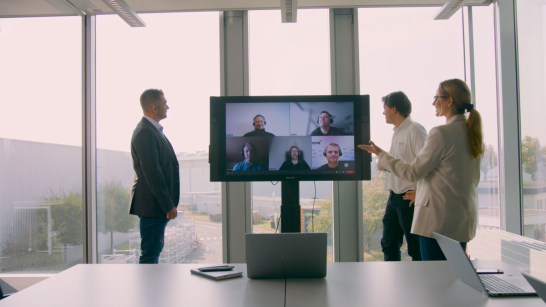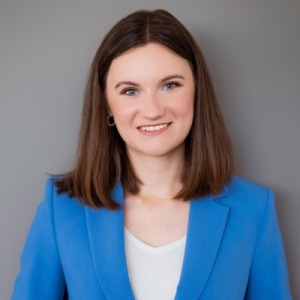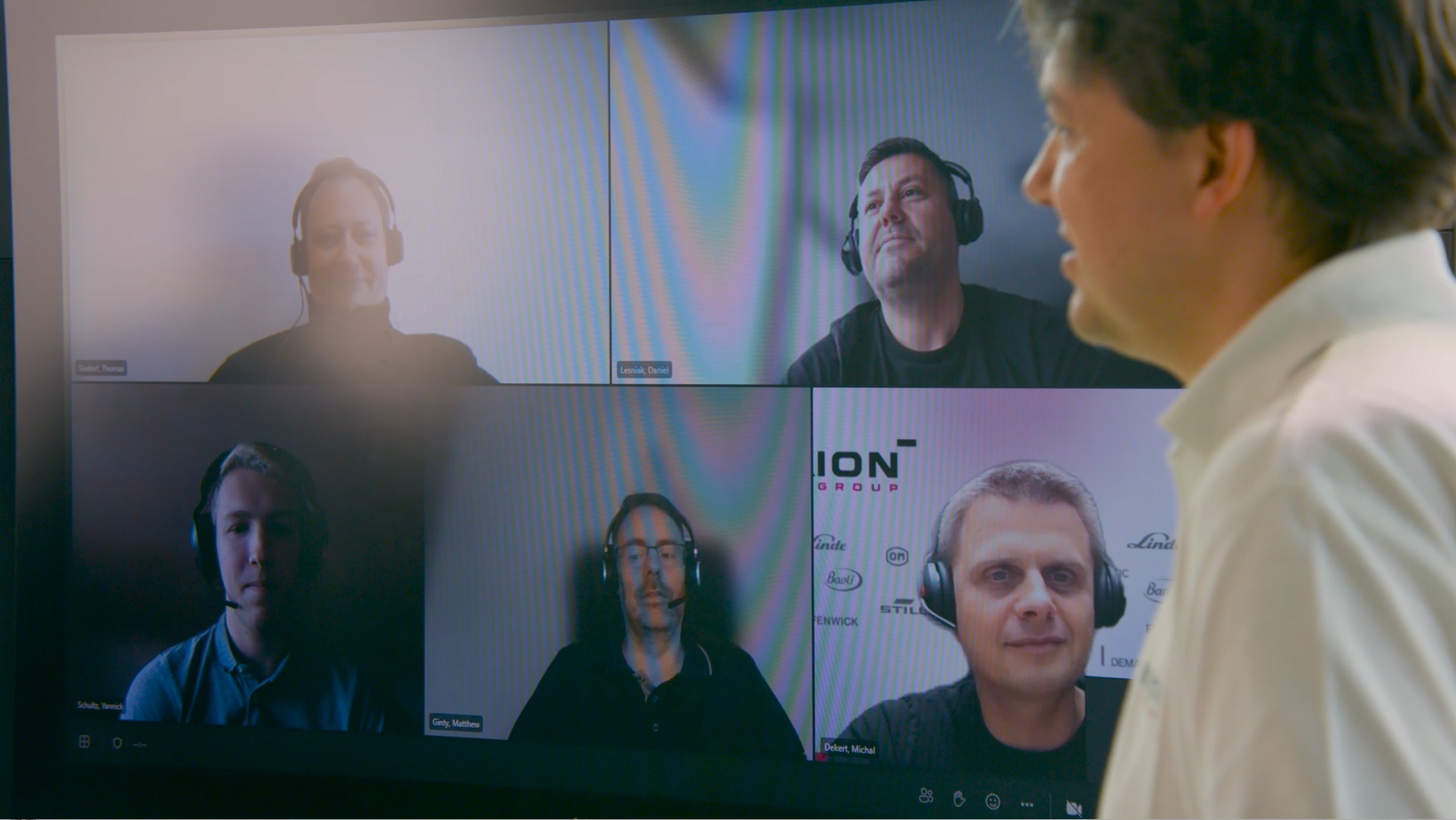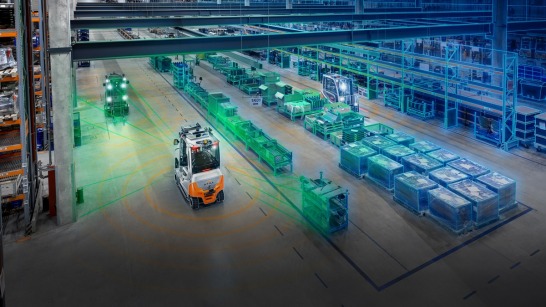Standardizing IT Systems Protects Against Cyberattacks
This transformation process began with a clear strategy of standardization and harmonization. Today, just a few years on, the number of applications has already been reduced to 4000, and the overhaul continues.
“From an operational and security perspective, it simply makes no sense for every organizational unit to have its own software stack. We need to standardize, standardize, standardize,” explains Engelbrecht. In practice, this means integrating and updating systems and eliminating security vulnerabilities, and all across every business unit in the KION Group. “We are taking this approach because, above all else, standardization brings significant gains when it comes to security,” he explains.
Every standardized interface and harmonized process helps to reduce potential attack vectors. “Supply chain attacks are on the rise,” warns Engelbrecht, referring to a particularly insidious form of digital threat: instead of targeting a company’s systems directly, supply chain attacks involve cybercriminals targeting weaknesses in supplier systems or software development chains.
These threats are complex and real. Cybercriminals are constantly developing new methods for invading company systems. “They never rest,” explains the IT manager. To combat this, KION Group is using an equally tireless security concept—a system that monitors, analyzes, and reacts around the clock.





_image_546x307.jpg)
